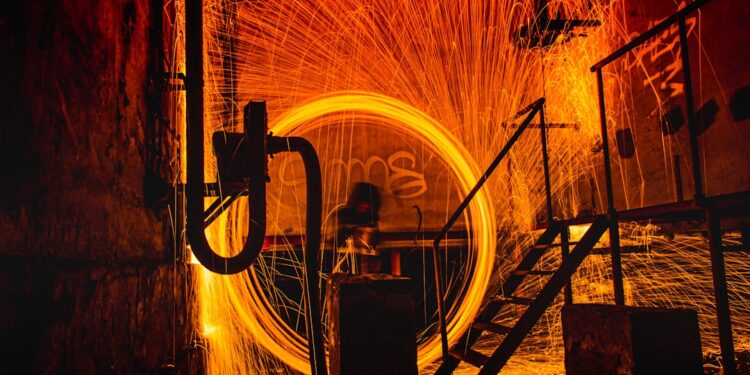Artificial intelligence (AI) has been making significant strides in various industries, and the manufacturing sector is no exception. From predictive maintenance to quality control, AI is transforming the way products are made and processes are optimized. In this blog post, we will discuss the role of artificial intelligence in modern manufacturing and its potential impact on the industry.
One of the key areas where AI is making a big impact in modern manufacturing is in predictive maintenance. Traditional maintenance methods often rely on fixed schedules or reactive measures, which can be costly and inefficient. With AI-powered predictive maintenance, manufacturers can anticipate when equipment is likely to fail and take proactive measures to prevent downtime. By analyzing data from sensors and historical maintenance records, AI algorithms can predict when a machine is likely to malfunction and alert operators to take preventive action. This not only reduces maintenance costs but also increases overall equipment efficiency and productivity.
Another important application of AI in modern manufacturing is in quality control. Ensuring product quality is crucial for manufacturers to maintain customer satisfaction and comply with industry standards. AI-powered quality control systems can analyze images, videos, and sensor data to detect defects and anomalies in real-time. By leveraging machine learning algorithms, manufacturers can quickly identify and resolve quality issues before they escalate. This not only reduces the risk of recalls and rework but also improves overall product quality and customer satisfaction.
AI is also playing a crucial role in optimizing production processes in modern manufacturing. By analyzing production data and identifying patterns and trends, AI algorithms can optimize production schedules, reduce waste, and improve efficiency. From inventory management to supply chain optimization, AI can help manufacturers make data-driven decisions and streamline their operations. This enables manufacturers to respond quickly to changes in demand and market conditions, and stay ahead of the competition.
Moreover, AI is revolutionizing the design and customization of products in modern manufacturing. With AI-enabled design tools, manufacturers can create complex and innovative products more efficiently and cost-effectively. By using generative design algorithms, manufacturers can explore a wide range of design options and find the most optimal solutions. This not only speeds up the design process but also enables manufacturers to develop products that meet customer needs and preferences.
In addition, AI is driving the adoption of smart factories in modern manufacturing. Smart factories are equipped with connected devices, sensors, and AI-powered analytics tools that enable real-time monitoring and control of production processes. By leveraging the Internet of Things (IoT) and AI technologies, manufacturers can create agile and adaptive production systems that can respond to changes in the environment and market conditions. This helps manufacturers improve production efficiency, reduce costs, and meet customer demands more effectively.
Overall, the role of artificial intelligence in modern manufacturing is rapidly expanding, and its potential impact on the industry is immense. By leveraging AI technologies, manufacturers can improve efficiency, quality, and productivity, and stay competitive in today’s fast-paced global market. As AI continues to evolve and mature, its role in modern manufacturing will only grow in importance, and companies that embrace AI-driven solutions will have a significant competitive advantage.














